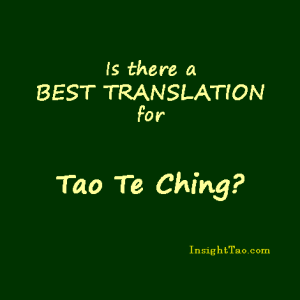 Choosing the right translation for Tao Te Ching is indeed a challenge for many people.
Choosing the right translation for Tao Te Ching is indeed a challenge for many people.
The ancient work written 2500 years ago by the sage Lao Tzu is so popular it has become the most translated work in the world after Bible. There are countless translations of the book out there and more are on their ways to the market.
Which is the one that you should lay your hands on to get started, and which you should have at your bedside as a constant source of inspiration?
When choosing a translation, find out what you want.
I’d broadly divide the translations available in the market into two categories. The first are the ones that are translated directly from the Chinese text. The translators of these works are conversant with the Chinese language and culture. The second are renditions of the book of Lao Tzu based on existing translations. Background of these translators vary. They range enthusiasts and established authors to motivational speakers.
Both categories have very good works. Generally speaking, if you are doing scholarly research, you should choose the works belonging to the first category. Otherwise, both are fine.
As it is really beyond me to read more than a few of these translations, I’m hesitant to recommend the best translation available. What I’d like to do is simply to bring your attention to a key factor when reading them.
What I can say is that no matter how good a translator is, and how hard he works, no one can truly bring out entirely the spirit of the ancient book translation.
Tao Te Ching is not an operation manual, where the messages conveyed is clear-cut. The ancient book is so profound that you can grasp its essence only after several diligent readings. It talks about big issues like the Laws of the Universe and the subtle relationships between things, and the interpretations can be very different among different people.
In fact, even for the same person, reading the book at different stages of his life can mean very different things. Even when he is reading the book in the same stage of life, what he can derive from the book can be vary as well depending on the issues he has at hand and his emotion at the point of time.
Considering these very practical reason, I’d think the best solution is to read more than one translations.
For the reason, I have put together three well-received translations side-by-side, so that you can gain understanding and derive my inspirations when you are reading each chapter.
They include translation by:
James Legge (1815 – 1897), a Scottish Sinologist and the first Professor of Chinese at Oxford University (1876–1897). In association with Max Müller he prepared the monumental Sacred Books of the East series, published in 50 volumes between 1879 and 1891, and the translation of Tao Te Ching is found in Volume 39. Read more …
Lin Yutang (1895 – 1976), a highly respected writer, translator, linguist and inventor. Upon graduation from Saint John’s University in Shanghai, he received a half-scholarship to continue study for a doctoral degree at Harvard University. Read more …
J.H. McDonald. I have no knowledge about the translator, but his translation for the public domain done in 1996 is quite a good one. Read more …
At the end of each chapter, there are links to the other two works. Just click the relevant links, and you are brought to the same chapter in another translation. Compare the translations of the three writers, and you’d have a more complete picture of what the chapter is all about.
I hope this approach can help you better in understanding the the book of wisdom.
*I believe all these works are in the public domain. I’m reproducing them here for the interest of the general readers. If any one of them happens to be otherwise, I will appreciate if you could contact me as soon as you can.



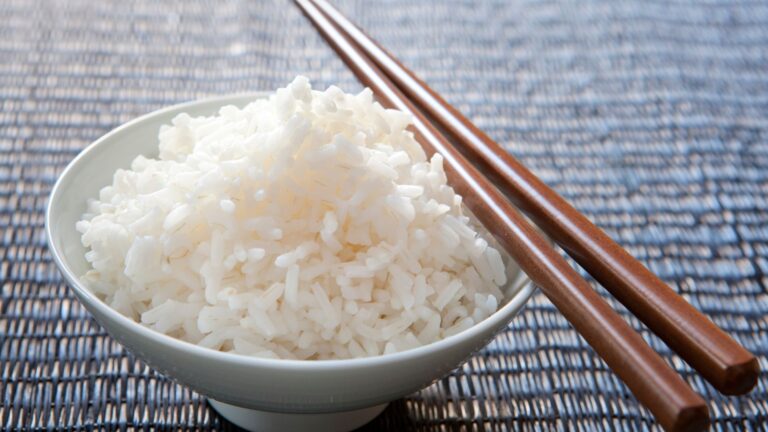
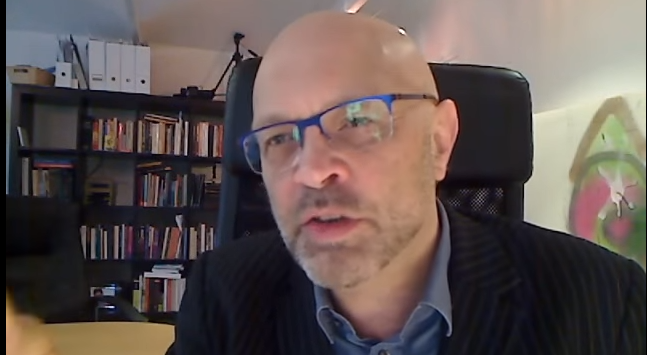
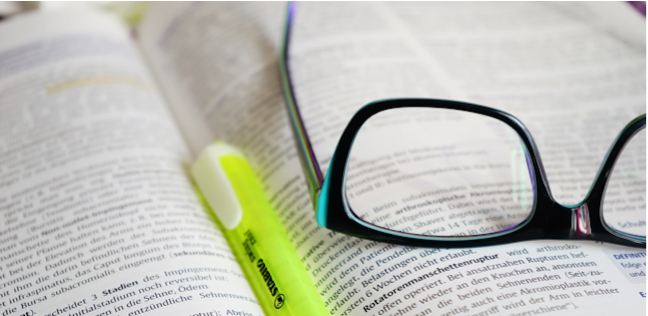
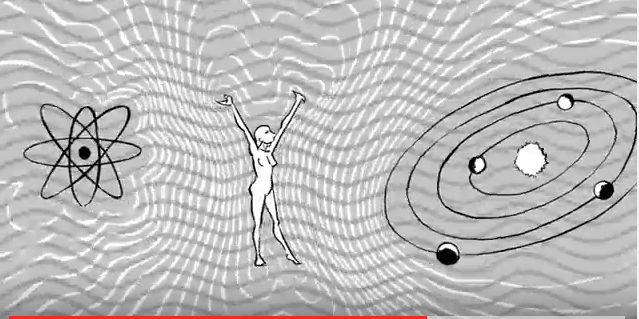
Surely, one may have a personally preferred translation, but to then state that it is the best, or even suggest – by promoting some of its subjective strenghts that it maybe so, is to indicate that the entire 81 verses have not been read of any translation.
I think Yuhui Liang’s book “Tao Te Ching: The New English Version That Makes Good Sense” has the best translation. His book stands out of the crowd because it’s based on his research breakthroughs. He has successfully corrected all the centuries-old misinterpretations of Lao Tzu’s book and translated the Tao Te Ching into English by himself. Thus he has a pretty reliable way to be true to Lao Tzu’s original intent and is able to introduce Lao Tzu’s teaching in form of a system of philosophy in a way that it’s quite comprehensible. And this is in line with Lao Tzu’s saying “my teaching is easy to understand and easy to practice”.
I believe Aleister Crowley gave the best translation considering his spiritual experience, read his intro and decide whether to read it.
Gia fu Feng and Jane English illustrated and calligraphy Random house 1972
Gia fu Feng and. Jane English illustrated 1972 Vintage Books of Random House